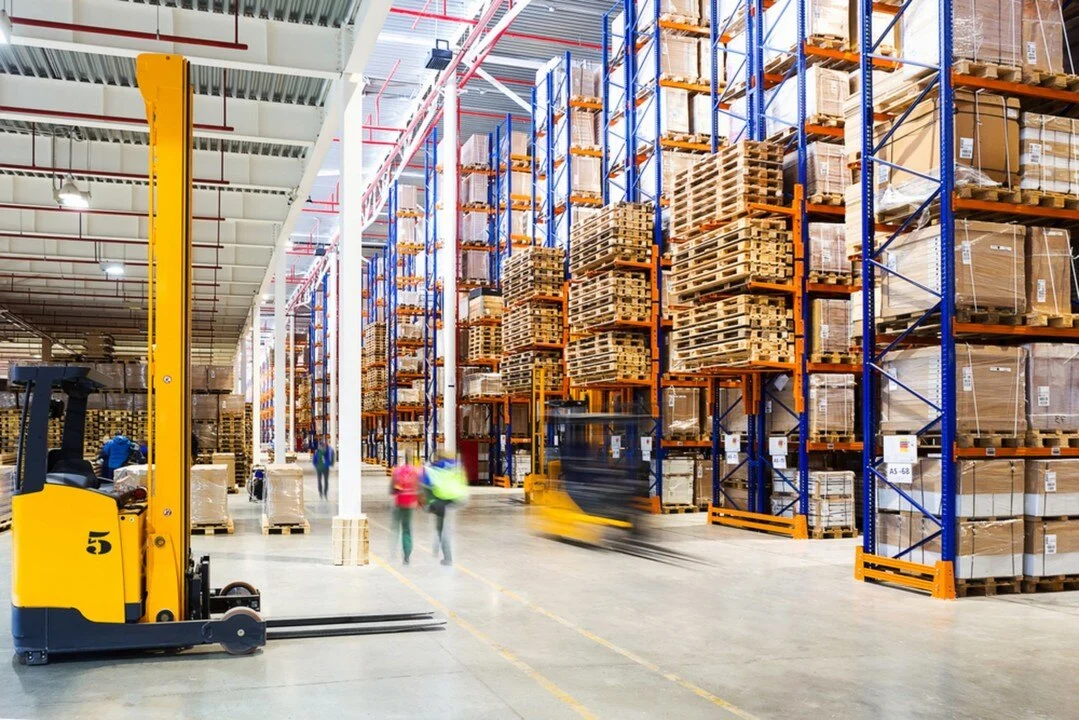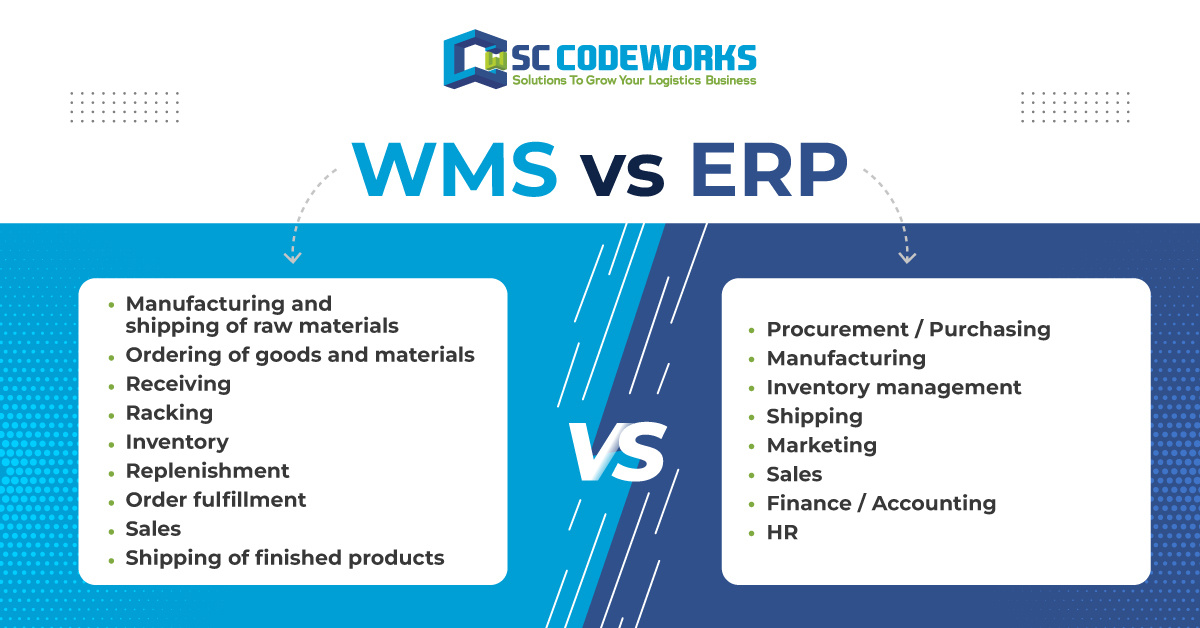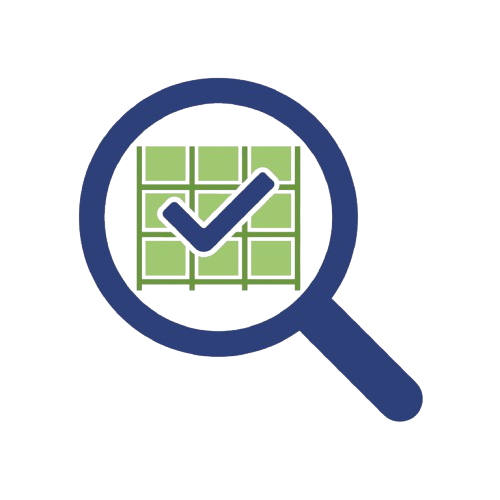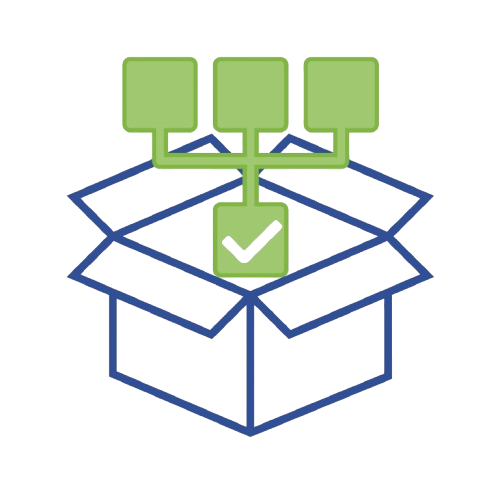- You need software to help your operations team, but you don’t know where to start
- You plan all your work on an Excel spreadsheet, but your operation has grown
- You have a lot of manual work processes and want technology to work for you
- You are struggling to see a full picture of your diverse operations teams
- It’s time to up your automation game, but should you start by adding a WMS or an ERP? Which one is better? Do you need both?
Picking - A true WMS will give you enhanced picking flexibility.
If you need to improve productivity and capacity for example, you might try using a new picking method like voice-directed picking or pick-to-box which will allow you to tailor your needs to your operations, and a true WMS can make these transitions seamlessly. Many ERP WMS modules restrict your options to just a few methods or just one.











